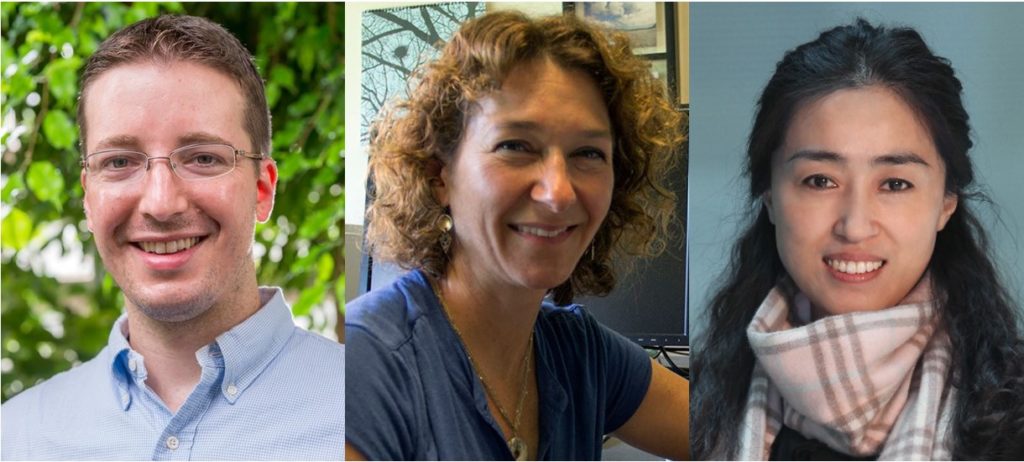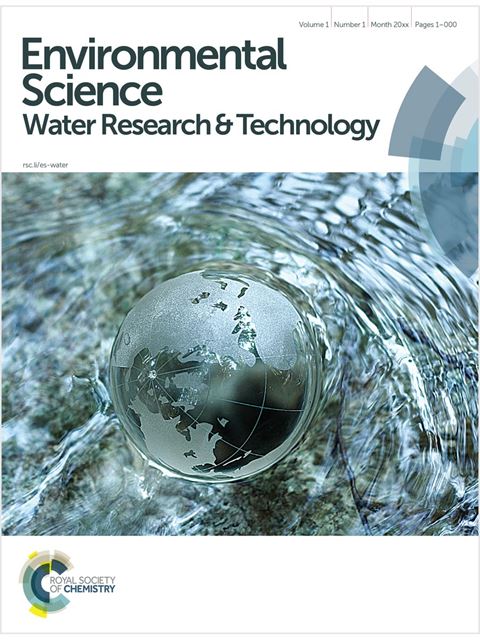Environmental Science: Water Research & Technology seeks your high-impact research for our upcoming Themed Issue on Anaerobic Technology
Guest Edited by Jeremy Guest (University of Illinois at Urbana-Champaign, USA) Paige Novak (University of Minnesota, USA) and Aijie Wang (Chinese Academy of Sciences, China), this issue will showcase high-impact original research, perspectives, and reviews, discussing state-of-the-art anaerobic bioprocesses.
The scope of this issue includes but is not limited to the following topics:
- Anaerobic technology for resource recovery including bioenergy recovery, nutrient recovery, biochemical recovery, reuse of effluent and digestate
- Anaerobic-centric technology for industrial and municipal wastewater treatment
- Innovative/emerging anaerobic technologies including ANAMMOX, bioelectrochemical systems and its application in anaerobic processes
- Intensifying anaerobic treatment
- Liquid fuel production
- Controlling communities
- Innovations in hydrolysis
Submissions for this Themed Issue are due by 4th May 2018 – if you would like to submit to this Themed Issue, please contact the Environmental Science: Water Research & Technology Editorial Office at eswater-rsc@rsc.org to let us know.
Guest Editors: Left to Right – Jeremy Guest (University of Illinois at Urbana-Champaign, USA) Paige Novak (University of Minnesota, USA) and Aijie Wang (Chinese Academy of Sciences, China)













 2015 has been a successful first year for
2015 has been a successful first year for